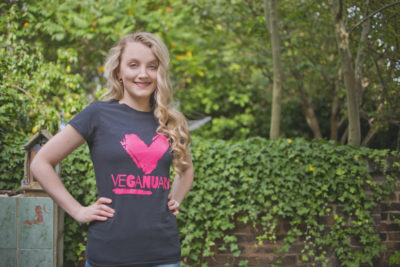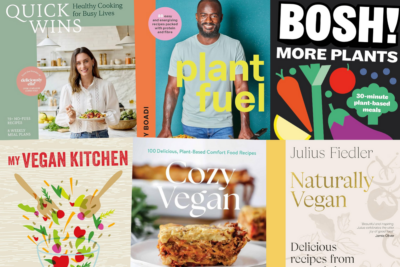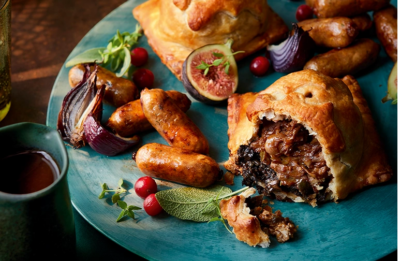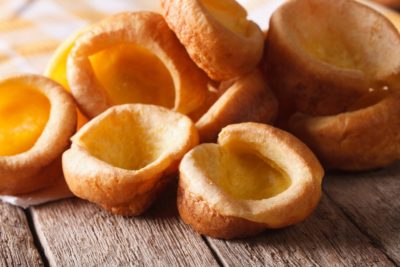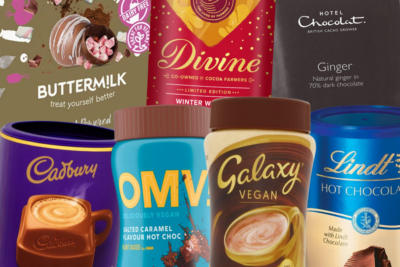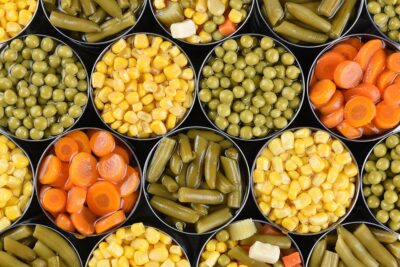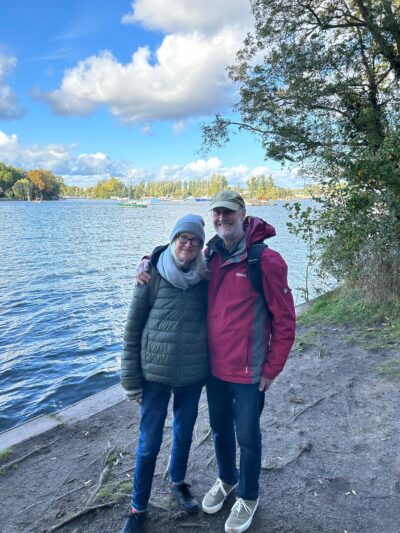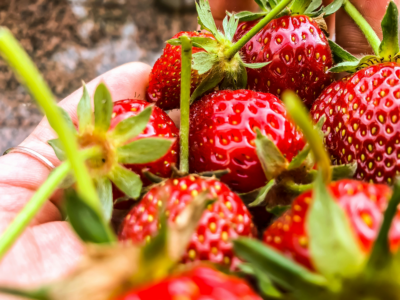We get to hear so many stories from Veganuary participants about how switching to a plant-based diet improved their health, but this year we noticed a trend we hadn’t spotted before…
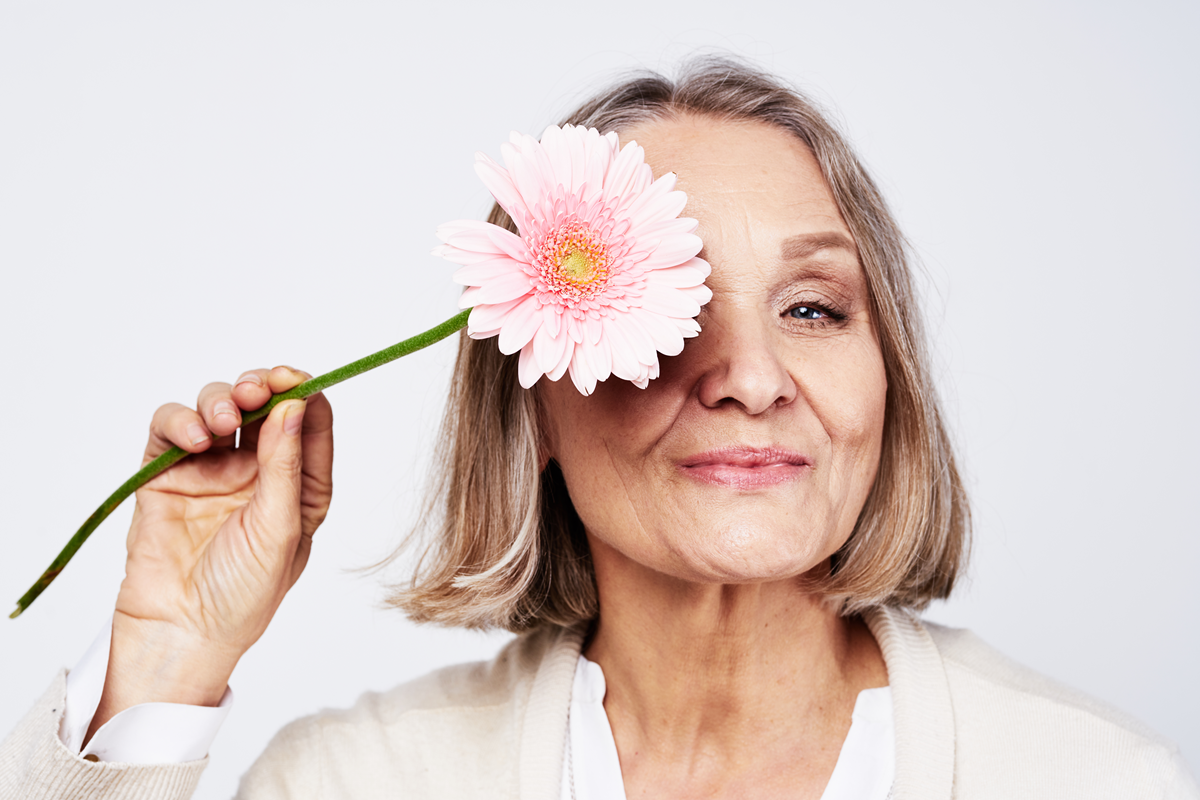
“My debilitating menopause symptoms have disappeared completely. I keep pinching myself.” – Maria, Dorset
“I had gained a lot of weight through menopause and had been feeling really down about myself for about 4 years – menopause hit me hard. The change in diet made such a difference to the way I felt.” – Anon by request
“As a menopausal woman I was really at the end of my tether, even HRT hadn’t made much difference. When I heard about Veganuary I just thought why not. It has impacted my life greatly.” – Nikki, Birkenhead
“I seem to be coping with the menopause years remarkably well compared to my friends. Very mild hot flushes which are not uncomfortable. I sleep really well since eating a (almost 100%!) plant-based diet.” – Anon by request
“I started being vegan when I turned 50, I was starting to get some hot flushes, etc. Now I feel amazing.” – Lisa, Devon
Intrigued by this feedback, we decided to find out more about menopause and how what we eat might impact our experience of it.
What is Menopause?
Menopause marks the end of menstruation. It is a time when hormone levels alter and periods stop, and it brings with it a range of physical, emotional, and psychological changes that require different levels of adaptation.
Transition into menopause is a natural life event and typically happens between the ages of 45 and 55 although it can occur younger. There is no one experience of menopause; everyone who goes through it will have their own stories to tell.
Signs of Menopause
Some of the more common signs and changes associated with menopause are:
- Hot flashes / flushes
- Night sweats
- Difficulty sleeping
- Palpitations
- Headaches
- Urinary tract infections
- Dry skin
- Loss of libido
- Muscle aches
People might also experience:
- Pins and needles
- Thinning hair
- Tingling in the mouth and sensitive teeth
- Vertigo
- Anxiety and / or depression
- Changes in spatial awareness
- Skin sensitivity, itchiness, dry skin, or a feeling of something crawling on the skin
- A metallic taste in the mouth
- Brain fog
- Loss of breast tissue
Adapting to Menopause
We are reluctant to use the word ‘symptom’ to describe these impacts, as there is no illness here, just natural changes. And yet, it can be hard to feel positive about experiencing these or the emotional and psychological impacts associated with the end of fertility.
As author of Hagitude: Reimagining the Second Half of Life, Sharon Blackie says, society often does not help us feel positive about menopause. We are born, she says, “into a culture which teaches us that menopause is a disease, a failure, a dysfunction. Menopause is presented to us as a lack – specifically a lack of oestrogen, the ‘femininity and fertility’ hormone.”
And while we are going through this important life stage, we are often not afforded the time and space to do so comfortably but must carry on with work and family commitments as if nothing at all was changing in our bodies and minds.
Today, writers like Blackie are re-setting the negative associations around aging and menopause and encouraging us to see this time of life as something natural to adapt to, and not merely to endure.
We cannot magic away the ‘symptoms’ of menopause, but there are things we might do that can help reduce their severity and make the transition easier.
One of those is to take hormone replacement therapy (HRT) which – as its name suggests – replaces the diminishing hormones and staves off many of the ‘symptoms’ associated with menopause. There are some small risks and not everyone will want to, or be advised to, take it but for many people, it is a huge help.
Lifestyle Advice for Menopause
With or without HRT, there are things we can do to make menopause easier. “Good nutrition and an active lifestyle remain the cornerstone of a healthy menopause,” says the British Menopause Society, and they offer some specific advice we can consider.
We start to lose calcium from our bones from our mid 30s, and the hormone changes around menopause make bone health a priority. Ensuring a good supply of calcium and vitamin D is essential, but so too is doing some weight-bearing exercise, with lifting weights being the most literal and impactful way to do that.
Alcohol is also a risk factor for osteoporosis (weakening of bones) and it can also worsen hot flashes and night sweats and disrupt sleep. Caffeine can be problematic for some people, too, so limiting or avoiding these can help.
Finally, we need to look after our mental health. The physical and emotional changes, although natural, are not always easy to adapt to. Exercise can help manage stress and boost restful sleep, while mindfulness and mindful activities such as walking, yoga, journalling, or crafting, can also be beneficial.
Diet for a Healthy Menopause
Veganuary trustee Jane Thurnell-Read is the author of a book on menopause and shared with us some of the studies that have guided her advice on navigating a healthy menopause.
In a 2018 US study that compared perimenopausal women who were vegans and omnivores, researchers found that vegans reported fewer difficult physical symptoms, including hot flashes and night sweats: “… more vegetables and less flesh food were associated with less bothersome symptoms.”
An Iranian study of 393 postmenopausal women concluded that women who ate higher-quality carbohydrate [low glycaemic index and containing lots of fibre] had fewer physical and psychological symptoms of menopause. Similar results were found in a study in Ghana.
Says Thurnell-Read: “Research shows clearly that a plant-based diet is likely to lessen menopausal symptoms.” So, what specifically should we be considering?
Soy, Flax and Menopause
Phytoestrogens are natural compounds that exist in many plant foods. They have antioxidant properties, which means they help fight cell damage associated with many chronic diseases, including cancer. This is one reason why plant foods are just so healthy! There are different types of phytoestrogens, including isoflavones and lignans. Soy contains a lot of the former, and flax a lot of the latter.
Research has indicated that people who eat a lot of soy and flax may have an easier menopause. To get the best effect, the Association of UK Dietitians says we should eat these products several times a day and do so consistently for two to three months.
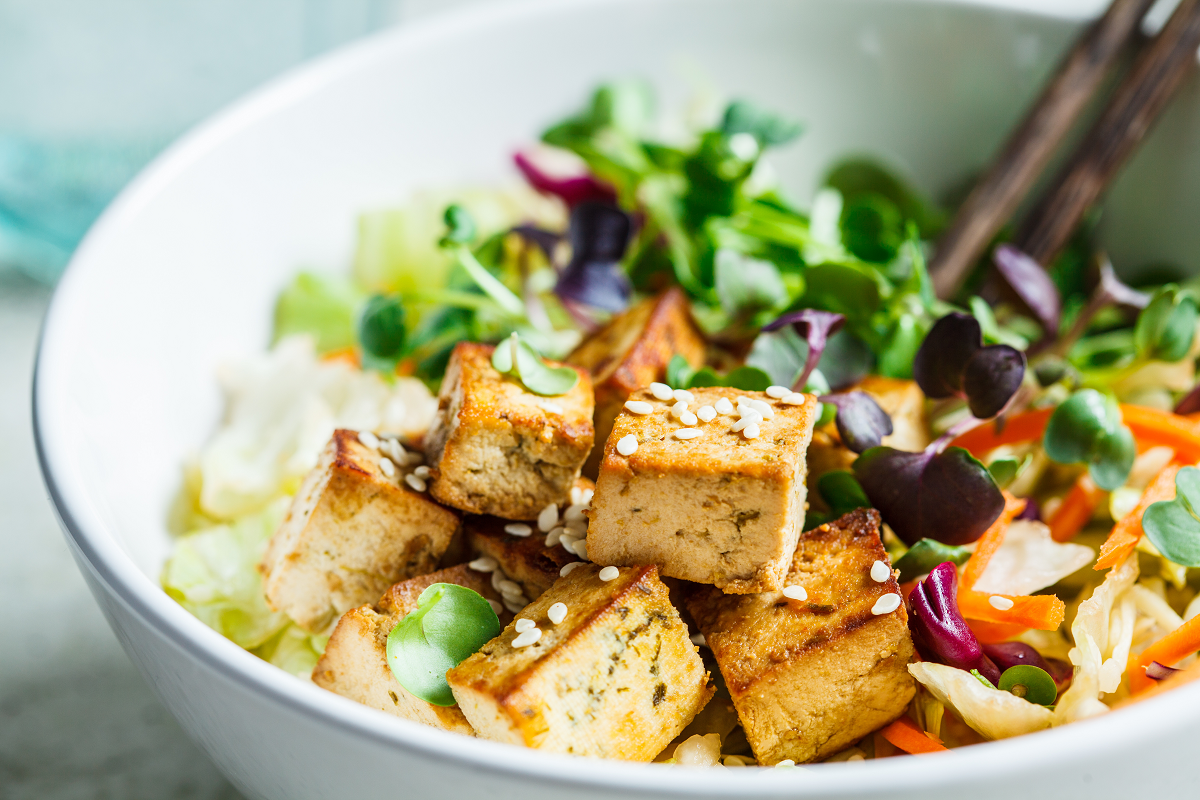
Soy, Flaxseed and Menopause Research
A study published by the North American Menopause Society in the journal Menopause, found that a plant-based diet rich in soy reduces moderate-to-severe hot flashes by 84 per cent, from nearly five per day to fewer than one per day.
During the 12-week study, nearly 60 per cent of women became totally free of moderate-to-severe hot flashes. Overall hot flashes (including mild ones) decreased by 79 per cent.
The researchers concluded: “The combination of a low-fat, vegan diet and whole soybeans (half a cup or 86g) was associated with reduced frequency and severity of hot flashes and improved quality of life in vasomotor, psychosocial, physical, and sexual domains in postmenopausal women. During the 12-week study period, the majority of intervention-group participants became free of moderate-to-severe hot flashes.”
Thurnell-Read was extremely impressed by this finding: “If this result was attributable to a drug, it would be hailed as a wonder drug,” she told us.
There have been similar findings in research on flaxseeds and menopause, with one study concluding: “The menopausal symptoms decreased and the quality of life increased among the women who used flaxseed for 3 months.”
Adding both soy and flaxseed to our daily meals sounds like something very much worth trying.
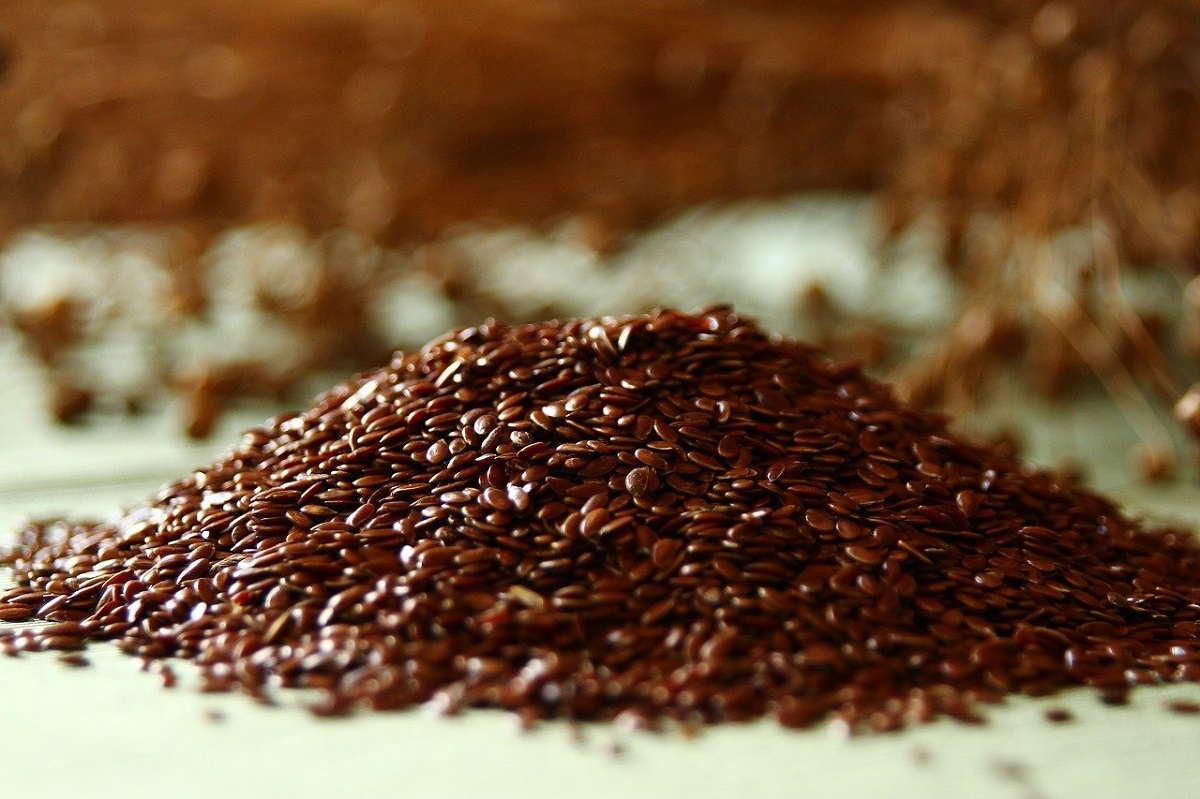
Soy and Flaxseed Sources
Soy is available to us in many forms, including tofu, soy milk and yogurt, edamame, soy protein, miso and tempeh. Eating several portions a day is therefore a simple matter for most people.
As for flax, these little seeds have a tough outer husk so buying them milled means we can access their nutrients quite easily.
They are readily available in stores and online, and the easiest ways to consume them is to sprinkle them on breakfast cereal, add them into baked recipes, mix them into hummus or plant-based mayo, or add them to smoothies.
Conclusion
Menopause is a natural time of transition that can include some challenging physical, psychological and emotional experiences.
Exercising, prioritising sleep and stress reduction, and avoiding caffeine and alcohol are all ways to help support us through this time.
Beyond that, eating a diet that is rich in plants, and includes plenty of soy and flax, has been shown to help. It certainly seems to have worked for many of our Veganuary alumni. Perhaps it can help you, too.
Discover more stories from previous Veganuary participants who experienced health benefits after taking part.

